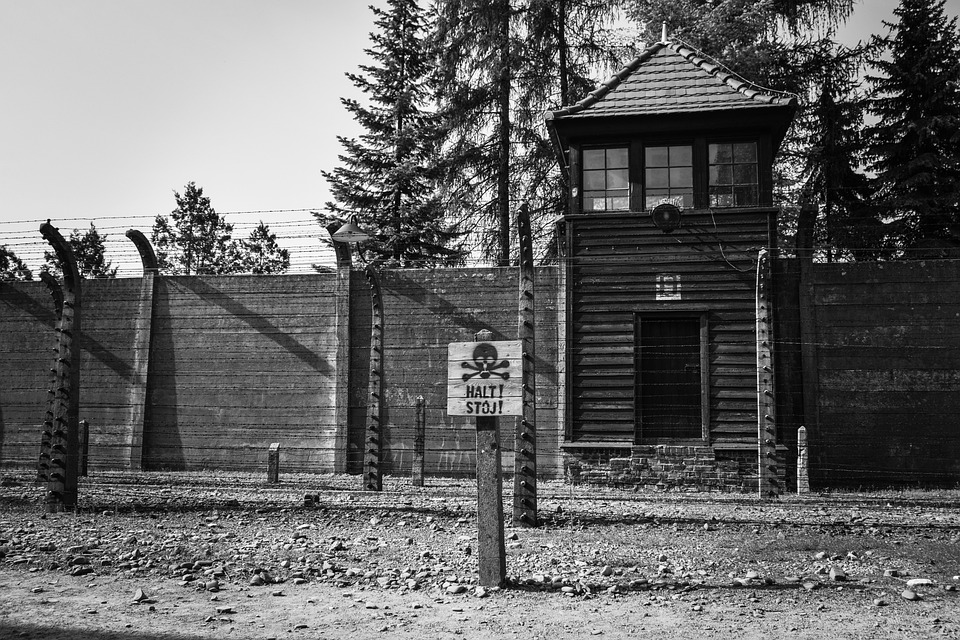Table of Contents
Introduction
When we think of camping, the image of summer days, warm sunshine, and green landscapes often comes to mind. However, cold weather camping allows us to explore the beauty of nature in a unique and invigorating way. So, pack your bags, put on your winter gear, and get ready to experience the magical world of cold weather camping.
Preparing for Cold Weather Camping
Cold weather camping requires thorough preparation to ensure your safety and comfort throughout the trip. Consider the following factors:
- Invest in Appropriate Gear: Purchase a high-quality cold-weather tent, a warm sleeping bag designed for low temperatures, and insulated sleeping pads. Additionally, make sure you have proper clothing layers, including thermal wear, down jackets, and waterproof outerwear.
- Plan Your Menu: Cold weather camping will require more calories to keep your body warm, so plan your meals accordingly. Include hot soups, stews, and energy-rich foods in your menu. Be sure to pack a reliable stove and extra fuel as well.
- Stay Hydrated: It’s easy to forget to drink water in cold weather, but staying hydrated is crucial. Carry an insulated water bottle and drink plenty of fluids throughout the day.
- Learn Cold Weather First Aid: Familiarize yourself with common cold weather injuries, such as frostbite and hypothermia. Pack a comprehensive first aid kit and know how to administer proper treatment.
The Magic of Cold Weather Camping
Cold weather camping offers a unique and breathtaking experience that goes beyond what summer camping can provide. Here are a few reasons why you should give it a try:
- Peace and Solitude: Cold weather camping often means fewer fellow campers, allowing you to immerse yourself in peaceful surroundings and enjoy the serenity of the wilderness.
- Snow-Covered Landscapes: The beauty of snow is unquestionable. With winter camping, you get the opportunity to wake up to glistening landscapes, snow-capped trees, and pristine white surroundings.
- Star Gazing: Cold, clear nights offer exceptional stargazing opportunities. Away from city lights, you’ll witness a sky brimming with stars, constellations, and even the possibility of catching a glimpse of the mesmerizing Northern Lights.
- Winter Activities: Cold weather camping opens doors to a wide range of exhilarating winter activities. From snowshoeing and cross-country skiing to ice fishing and building snow caves, you can engage in thrilling adventures to make your camping trip memorable.
Tips for a Safe and Enjoyable Cold Weather Camping Trip
Follow these tips to make the most out of your cold weather camping experience:
- Layer Up: Dress in layers to easily adapt to temperature changes. Start with moisture-wicking base layers, add insulating layers, and finish with a waterproof and windproof outer layer.
- Choose the Right Campsite: Look for sheltered areas protected from strong winds. Set up your tent on elevated ground to avoid any potential flooding or pooling of water.
- Stay Active: Engage in physical activities during the day to generate body heat. Keep your blood flowing and prevent cold-related ailments.
- Take Regular Breaks: Rest and warm up at regular intervals to prevent exhaustion and manage your body temperature.
- Always Have a Backup Plan: Monitor weather conditions before and during your trip. Have alternative plans in case of extreme weather or emergencies.
FAQs
1. Is cold weather camping safe?
Cold weather camping can be safe if you are well-prepared and adhere to proper safety precautions. Ensure you have appropriate gear, clothing, and knowledge of cold weather first aid.
2. What temperature range is suitable for cold weather camping?
Cold weather camping refers to temperatures below freezing point. However, it’s important to check weather forecasts and plan your trip accordingly, taking into consideration wind chill factors and any extreme weather conditions.
3. Can I bring my regular camping gear for cold weather camping?
While some regular camping gear can be used, such as camping cookware and multi-tools, it’s essential to have specialized cold-weather gear to withstand low temperatures and harsh conditions. Invest in gear specifically designed for cold weather camping for optimal comfort and safety.
4. How do I stay warm during cold weather camping?
Dressing in layers, using proper insulation, and having a warm sleeping bag are crucial to staying warm during cold weather camping. It’s also important to eat calorie-rich meals, stay hydrated, and engage in physical activities to generate body heat.
5. Should I bring extra fuel for my stove?
Yes, it is advisable to bring extra fuel for your stove, as cold weather can impact fuel efficiency. It’s better to be prepared with extra fuel to ensure you can cook meals and have hot beverages throughout your camping trip.




